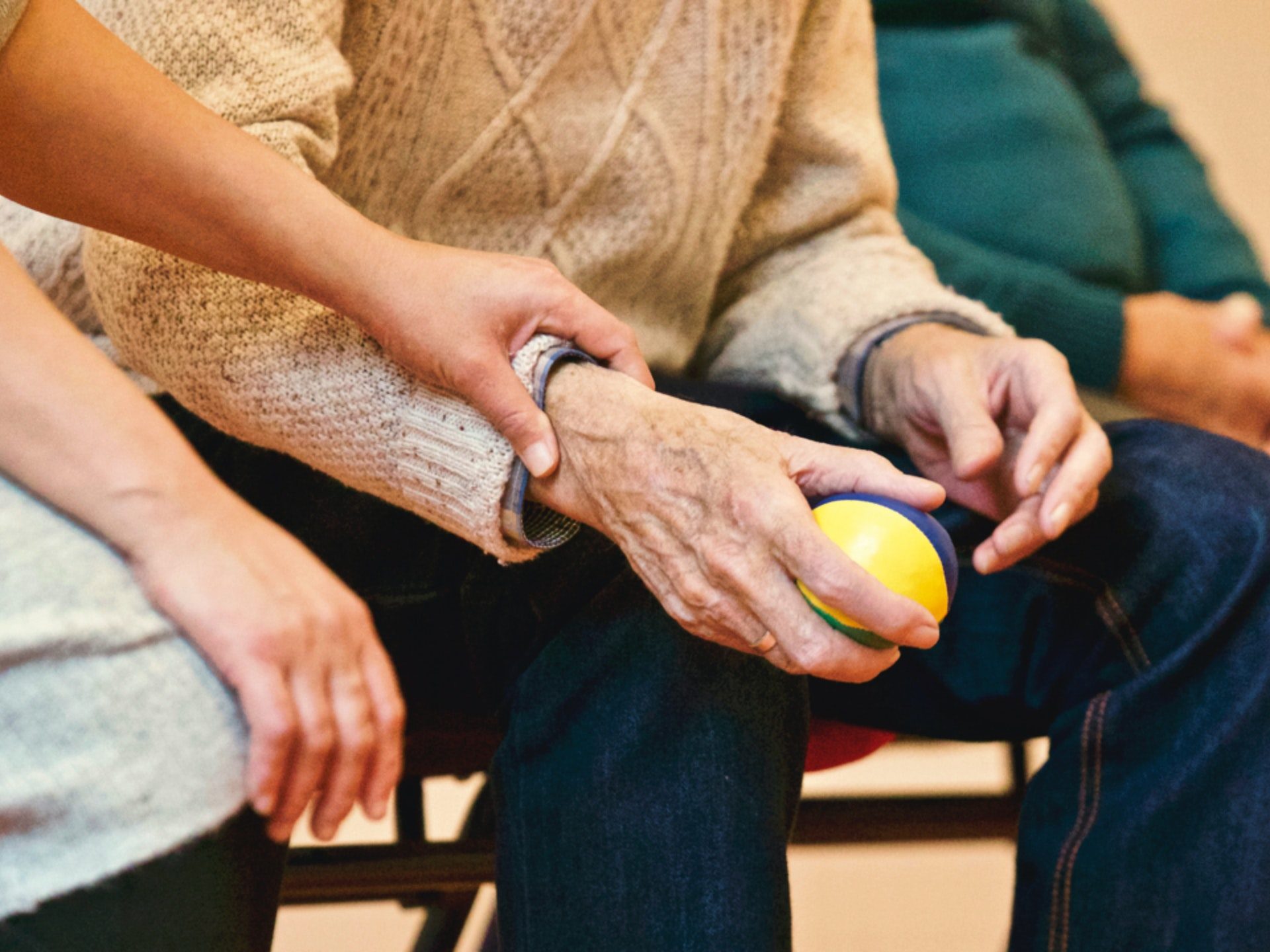
Our longer lives are a gift. Yet this increased longevity is frequently represented as a threat to society. We investigate how we can instil more positive views on ageing using reframing techniques.
This week, the Centre for Ageing Better publishes the report ‘Reframing ageing: Public perceptions of ageing, older age and demographic change’ which culminates a two-year portfolio of research. In order to expand our understanding of how ageing is talked about in society, as well as develop and test new ways of talking about ageing, Savanta ComRes conducted a discourse analysis, interviews with experts, focus groups, 5-day diaries, a national survey and regression analysis.
There are few realistic and positive portrayals of ageing, particularly in politics, media and advertising...
Negative language prevailed in society
We found that negative language prevailed in political discourse, media discourse, advertising discourse. Older people were all too often stereotyped as being vulnerable, frail, ill, lonely and as a burden to society. Ageing was represented as a decline towards ill-health, something to avoid (with anti-ageing creams), and a destination (rather than a life-long process). In political and media discourse, demographic change was positioned as a challenge, a “timebomb” and a source of intergenerational conflict, pitting old against young. During the COVID-19 pandemic, we have also seen ageist narratives such as the relative value of older and younger people’s lives, the “Don’t Kill Granny” slogan in Lancashire – blaming younger people for irresponsibly spreading the virus, and the frequent use of paternalistic terms like “vulnerable” and “shielding”.
There are few realistic and positive portrayals of ageing, particularly in politics, media and advertising. While some exist, like the Netflix show Grace and Frankie which a participant deemed to be “empowering”, many portrayals are extremely positive and therefore unrealistic. Participants called for a greater diversity of realistic narratives to combat this dualistic thinking, and 82% thought it was important that the Government responds to the UK’s ageing population.
The public had mixed views on ageing
We found that the public held mixed views on ageing. Only 46% of the adults in England felt positive about ageing, with people in their 50s and 60s least likely and over-70s most likely to feel this way (18-34: 44%, 35-49: 46%, 50-69: 41%, 70+: 59%). Men tend to be more positive about ageing than women (53% vs 40%), highlighting the ‘double jeopardy’ of sexism and ageism that women face as they age.
Encouragingly, the public largely rejected ‘intergenerational conflict’ narratives that were identified across society. Only a minority thought that older people’s experiences have little relevance in society (17%), Government spending on older people is a waste of resources (16%), older people benefit at the expense of younger people (20%), and that the growing number of older people is an economic and social burden on our society (25%).
Nevertheless, negative stereotypes appear to be influencing the views of younger age groups, as 43% of 18-34 year olds agree that older age is characterised by frailty, vulnerability, and dependency, compared to 28% of over-70s. Overall, more than half (55%) concluded that the UK is ageist, which was echoed by focus group participants who felt pressured by ageist social expectations, for example, when to settle down, have children, achieve financial stability or retire.
What language works?
The language we use matters because it influences public opinion. And public opinion matters because it influences and justifies policy. Values-based framing is an approach to achieve long-term social change. Frames are ideas, words, images and associations that we use to make sense of the world around us.
Using our research findings, strategic communications experts, Equally Ours developed messages which we tested qualitatively and quantitatively with the public. While there were some variations in how the messages performed across different age groups, on the whole, the top three best performing messages from the survey and regression analysis were:
- It’s possible for us all to live meaningful and purposeful later lives, participating in and contributing to the workplace, community and society at large.
- As we age, many of us report a greater sense of purpose and wellbeing. Our diverse life experience and skills, perspective and resilience mean we have much to contribute in later life.
- Because of the way our society currently works, some of us are more likely than others to be able to age well.
Crucially, in order to reframe the narratives of ageing, our research showed that a new narrative on ageing needs to:
- Tell an alternative story rather than reinforce the existing negative ones.
- Highlight the social structures that shape our experience, paint a picture of the better world we’re working towards and offer credible solutions.
- Evoke people’s values of freedom and control, community and interdependence, and equality and social justice.
- Promote a broad and diverse sense of community and ‘us’.
- Be used consistently and at scale over time.
Ageing Better will take forward this work to create and disseminate a practical guide on language for a range of sectors to use which reframes ageing in a more positive and realistic way.
The latest report ‘Reframing ageing: Public perceptions of ageing, older age and demographic change’ can be downloaded here and includes recommendations for how to effectively talk about ageing.
The report ‘An old age problem?’ can be downloaded here and analyses the discourse found in politics, the media, advertising and ageing-focused charities.




